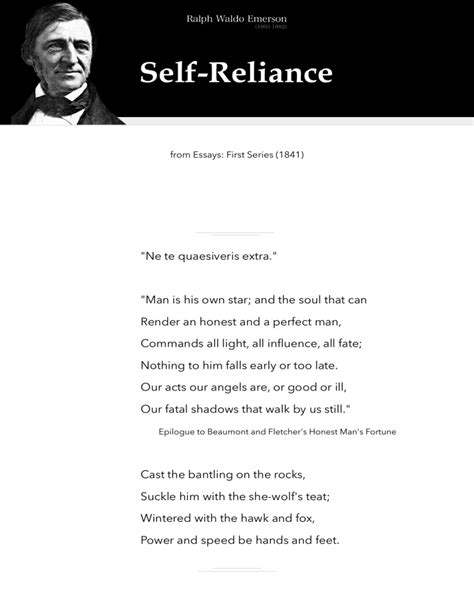The Silent Strength: Unpacking Men’s Self-Reliance Narratives
Self-reliance is often lauded as a cornerstone of masculinity, a virtue instilled in men from a young age. This societal expectation, however, frequently translates into deeply ingrained internal narratives that shape how men perceive themselves, navigate challenges, and interact with the world. These narratives, while sometimes empowering, can also foster isolation, emotional suppression, and an immense pressure to always appear strong and independent.

The Stoic Ideal: Emotional Fortitude and Self-Sufficiency
One of the most pervasive narratives is that of the stoic man – emotionally resilient, uncomplaining, and capable of handling all his problems internally. This narrative teaches men that expressing vulnerability or admitting struggle is a sign of weakness, leading to a suppression of emotions like fear, sadness, and even joy, unless they align with a ‘strong’ image. The internal monologue often reinforces the idea that “I must manage this alone” or “My problems are mine to solve, quietly.”
The Burden of Sole Responsibility
Another powerful narrative positions self-reliance as the ultimate responsibility. Men often feel a profound pressure to be the sole provider, protector, and problem-solver for their families and even their communities. This translates into an internal script that dictates, “I cannot fail; others depend on me,” and “I must bear the weight without showing strain.” This can lead to immense stress, burnout, and a reluctance to delegate or seek support, as it might be perceived as abdicating their role.

Fear of Vulnerability and Asking for Help
Central to these narratives is a deep-seated fear of vulnerability. For many men, self-reliance is synonymous with never needing assistance. Asking for help, whether practical, emotional, or professional, can trigger feelings of inadequacy or shame. The internal dialogue might sound like, “If I ask for help, I’m not truly self-reliant,” or “A real man doesn’t need rescuing.” This can isolate men from crucial support systems and prevent them from addressing issues before they escalate.

Self-Reliance as a Measure of Worth
The concept of self-reliance is often intertwined with a man’s sense of worth and identity. Success is frequently measured by one’s ability to “pull himself up by his bootstraps” and achieve goals independently. Conversely, needing external support can be interpreted as a personal failing, leading to a harsh internal critic that constantly judges performance against an impossibly high standard of independence. This narrative can be particularly damaging when men face setbacks or require assistance due to circumstances beyond their control.
Impact on Relationships and Connection
While self-reliance can foster independence, its extreme forms can hinder genuine connection. The internal narrative that promotes emotional detachment and self-sufficiency can make it difficult for men to form deep, trusting bonds. Opening up, sharing burdens, and allowing oneself to be supported are vital components of healthy relationships, but these acts can conflict with a rigid self-reliance script. This often results in men feeling lonely even when surrounded by loved ones, struggling to bridge the gap between their internal world and external expectations.

Challenging the Narrative: Towards a Healthier Balance
Increasingly, there’s a recognition of the limitations and harms of these rigid self-reliance narratives. A healthier understanding of self-reliance doesn’t mean never needing anyone; instead, it involves knowing one’s strengths, building resilience, and also understanding the value of community, interdependence, and the courage to seek help when necessary. Men are beginning to construct new narratives that embrace a more holistic view of strength—one that includes emotional intelligence, the ability to collaborate, and the wisdom to know when to lean on others.

Conclusion: Redefining Strength
The internal narratives men construct around self-reliance are powerful forces, deeply rooted in societal expectations. While these narratives can instill admirable qualities like determination and resilience, they often come at the cost of emotional well-being and genuine connection. Recognizing and challenging these deeply ingrained scripts is the first step towards fostering a more balanced, authentic, and ultimately stronger sense of self-reliance—one that allows men to be both capable individuals and connected members of a supportive community.




